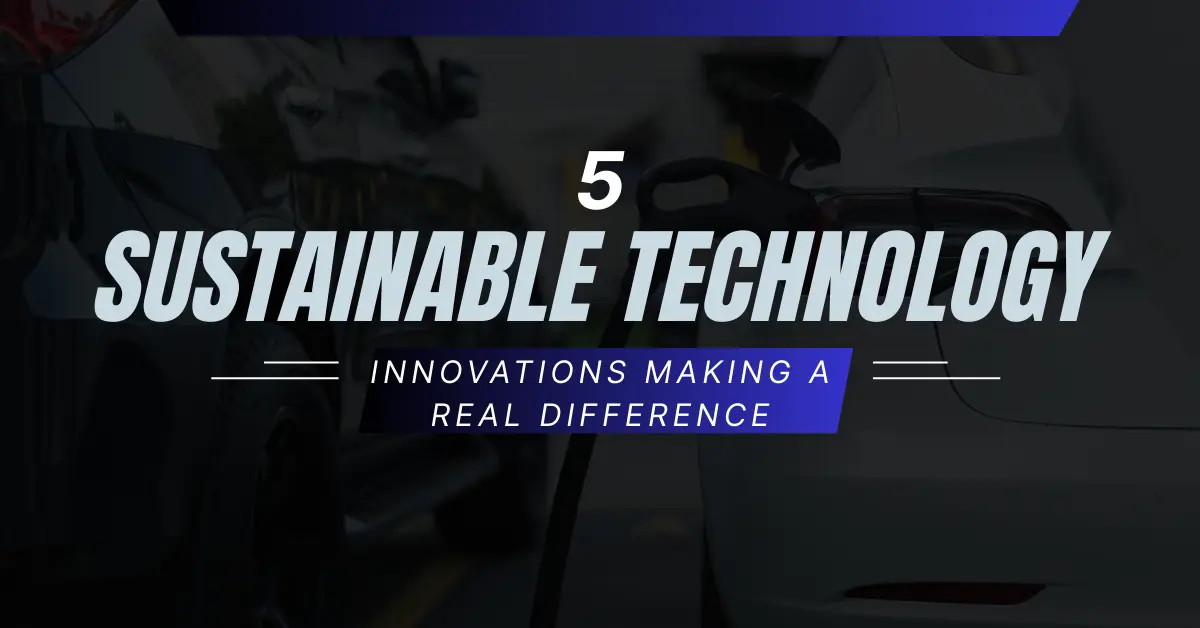
Rise of Quantum Computing
Quantum computing is a revolutionary technology that has the potential to transform the world. Unlike traditional computers, which use bits (0s and 1s), quantum computers use qubits, which can exist in multiple states at once. This unique ability allows them to process vast amounts of data much faster than today’s most powerful computers. Scientists and tech companies are working hard to develop quantum computers that can solve complex problems in fields like medicine, cybersecurity, and artificial intelligence. While this technology is even in its earlier stages, it holds incredible security for the future.
However, there are challenges, including high costs and the need for extremely low temperatures to function. As research progresses, quantum computing could soon become a game-changer, shaping the way we solve real-world problems and advance technology.
The Rise of Quantum Computing: 5 Key Points
Today, we’re going to tell you about quantum computing – a technology that’s changing how we think about computers and what they can do. We’ll break down this complex topic into 5 main points that everyone can understand.
What Makes Quantum Computers Different from Regular Computers

Regular computers work with bits – tiny switches that can be either 0 or 1, like a light switch that’s either on or off. But quantum computers use something called quantum bits, or qubits. Here’s what makes qubits special: they can be 0 and 1 at the same time, thanks to a weird rule of quantum physics called superposition.
Think about it this way: if you flip a coin, it lands on either heads or tails. But imagine if the coin could spin forever, being both heads and tails until you look at it. That’s kind of like how qubits work. This means quantum computers can process huge amounts of information at once, while regular computers have to do things one step at a time.
What Quantum Computers Can Do Better Than Regular Computers

Some problems are just too big for today’s computers to handle. But quantum computers might be able to crack these problems. Here are some examples:
Creating better medicines: Quantum computers can model complex molecules much better than regular computers. This could help scientists make new drugs faster and understand diseases better.
Making stronger materials: By understanding how atoms work together, we could create new materials for things like better solar panels or stronger building materials.
Improving weather forecasts: Weather is very complicated, with lots of factors affecting it. Quantum computers could process all this information better, leading to more accurate forecasts.
Breaking and making better security codes: Quantum computers are good at finding patterns in numbers. This means they could break some types of security codes we use today, but they could also help make new, stronger codes.
Where We Are Now with Quantum Computing

Right now, quantum computers are like early regular computers – big, expensive, and not very powerful yet. The biggest ones have about 100-200 qubits. That might sound like a lot, but we’ll need thousands or millions of qubits to do really useful things.
Companies like IBM, Google, and Microsoft are working hard on quantum computers. They’ve built machines that can do some special tasks faster than regular computers, but these machines still make lots of mistakes and need to be kept extremely cold – almost as cold as space!
Here’s what we can do now:
- Run simple quantum algorithms
- Test basic error correction methods
- Do some chemistry calculations
- Prove that quantum computers can work
But we still can’t:
- Run complex programs
- Keep quantum information stable for a long
- Make quantum computers practical for everyday use
The Big Challenges We Need to Solve

Building working quantum computers is hard. Here are the main problems scientists are trying to fix:
Quantum Error Correction: Qubits are very fragile. Even tiny disturbances can make them lose their quantum properties. Scientists need to find better ways to protect quantum information.
Temperature Control: Most quantum computers need to be kept at temperatures close to absolute zero (-273°C). Making them work at warmer temperatures would make them much more practical.
Scaling Up: Adding more qubits isn’t as simple as adding more transistors to a regular computer. The more qubits we add, the harder it is to control them all.
Cost: Right now, quantum computers cost millions of dollars to build and run. We need to make them cheaper before companies can use them regularly.
What Quantum Computing Means for the Future

Even though quantum computers have problems to solve, they could change many things in the future:
Better Electric Car Batteries: Quantum computers could help design batteries that last longer and charge faster.
Smarter Artificial Intelligence: By processing information in new ways, quantum computers might make AI systems much better at learning and understanding.
Better Financial Models: Banks and investment firms could use quantum computers to make better predictions about markets and risks.
Solving Traffic Problems: Quantum computers could help find the best routes for thousands of cars at once, making traffic flow better in big cities.
When Will This Happen?
Most scientists think it will take 5-10 years before quantum computers can do useful things reliably. But some problems might take longer to solve. The good news is that progress is happening faster than many people expected.
What This Means for Regular People
You probably won’t have a quantum computer in your home anytime soon. Instead, companies will use them for specific tasks, and we’ll all benefit from the results – like better medicines, more accurate weather forecasts, and faster-charging batteries.
Regular computers aren’t going away. Quantum computers are tools for special jobs, not replacements for the computers we use every day. Think of them like supercomputers – most people don’t need one, but we all benefit from what they can do.
Final Thoughts
Quantum computing is an exciting technology that could help solve some of our biggest problems. While there are still many challenges to overcome, scientists and companies are making progress every day. The next decade will be crucial in turning quantum computers from interesting experiments into useful tools that can help everyone.
Remember, every big technology started small. Regular computers once filled entire rooms and could barely do simple math. Now we carry more powerful computers in our pockets. Quantum computers are following a similar path, and their future looks bright.
FAQs
What is quantum computing?
Quantum computing is a unique type of computing that utilises quantum bits (qubits) rather of regular bits. It can solve complex problems much faster than traditional computers by using principles of quantum physics.
How is quantum computing different from regular computing?
Unlike regular computers that use 0s and 1s, quantum computers use qubits, which can be both 0 and 1 at the same time. This allows them to process data much faster and solve difficult problems.
What are the benefits of quantum computing?
Quantum computing can quickly solve problems in medicine, cybersecurity, and artificial intelligence. It helps in discovering new drugs, securing data, and improving machine learning, making it a powerful tool for future technology.
What challenges does quantum computing face?
Quantum computers are expensive, require very cold temperatures, and are difficult to build. Scientists are working to make them more stable, affordable, and practical for everyday use in industries and research.
When will quantum computers be widely used?
Quantum computers are still being developed, but experts believe they will be useful in the next 10–20 years. Companies and researchers are working to make them available for solving real-world problems.
Also Read:
Quantum Computing Made Simple: 5 Things How It Impacts Your Life
References:
https://en.wikipedia.org/wiki/Quantum_computing
https://www.researchgate.net/publication/270570686_Quantum_Computing
Disclaimer:
This blog on “The Rise of Quantum Computing” is for informational purposes only. While we strive for accuracy, advancements may change over time. Readers should verify details from trusted sources before making any technology-related decisions.



